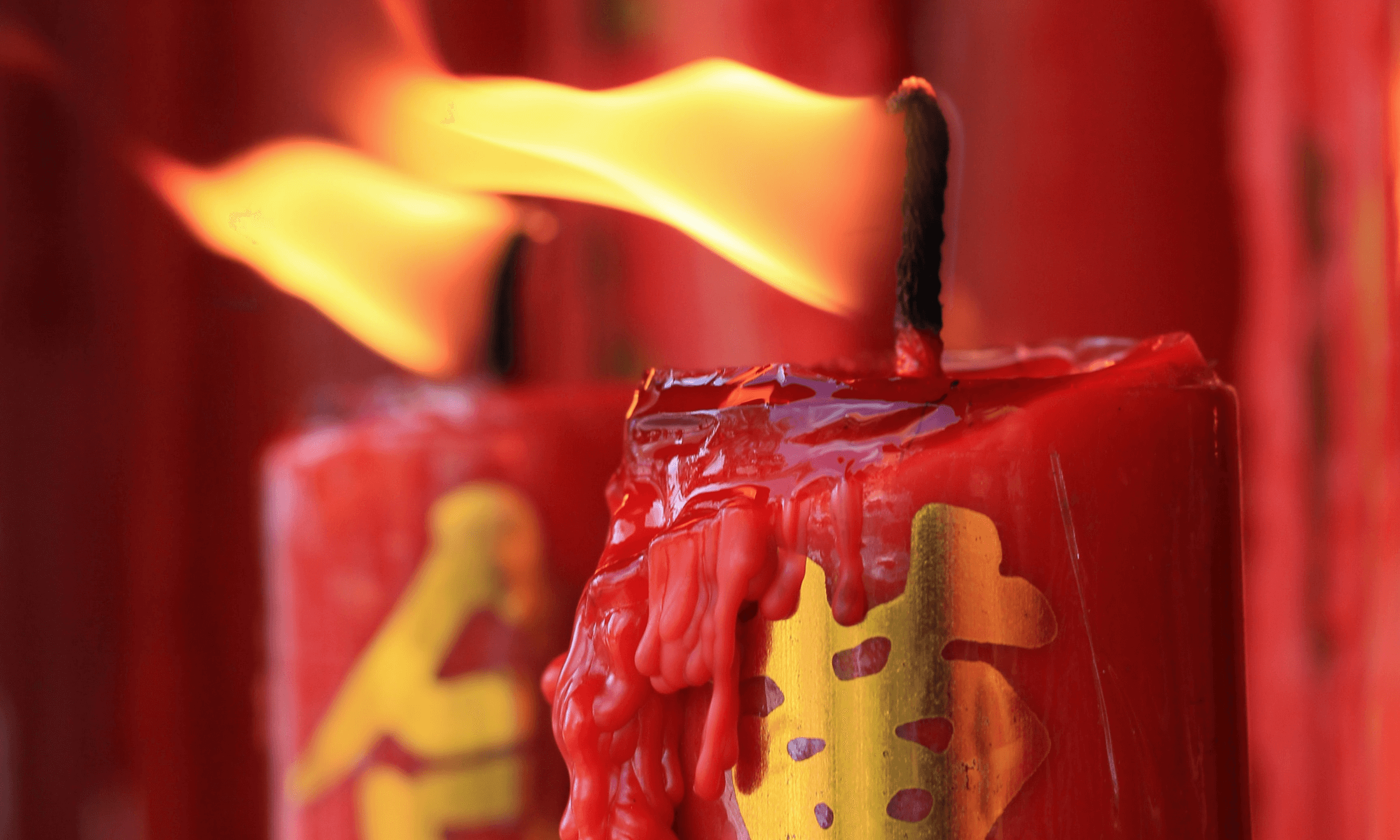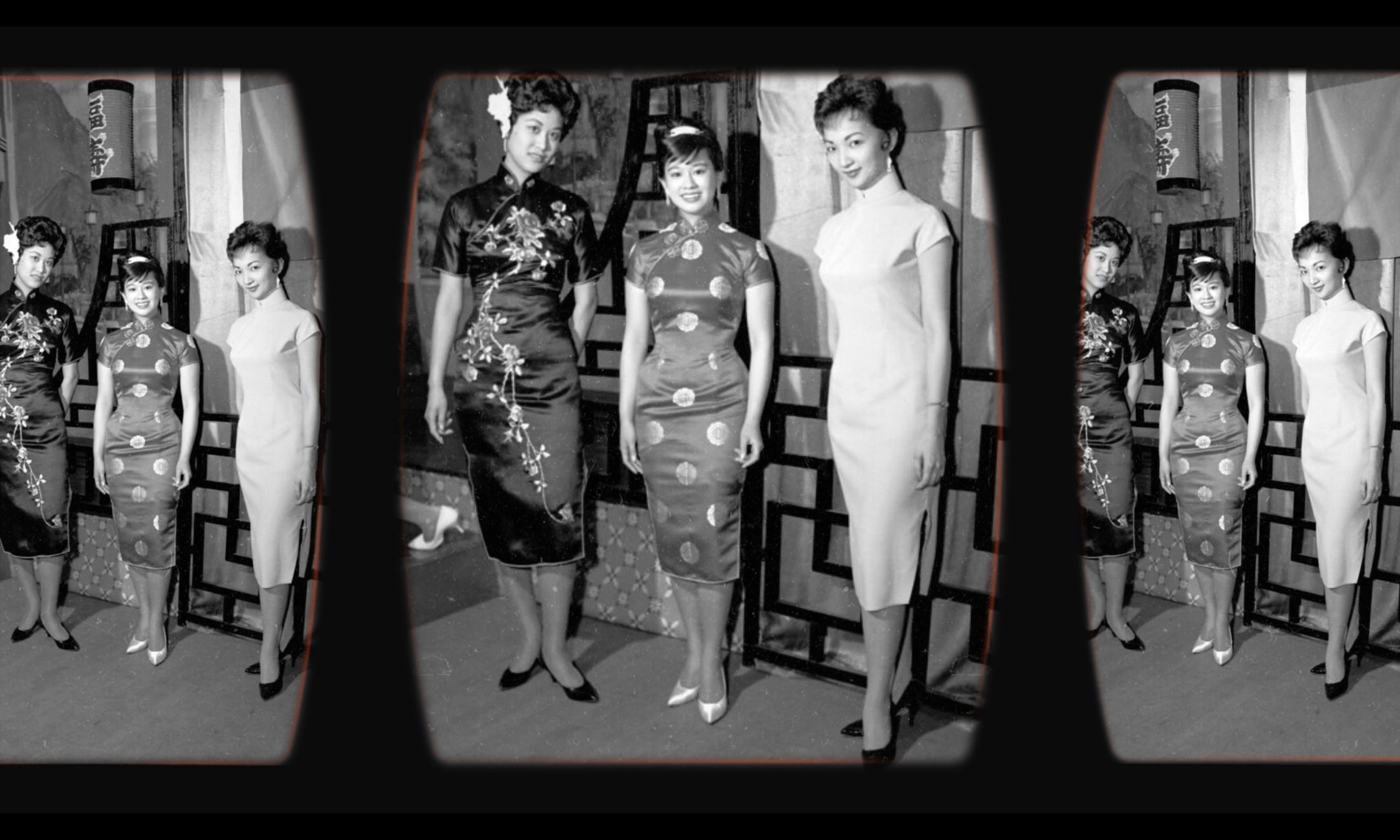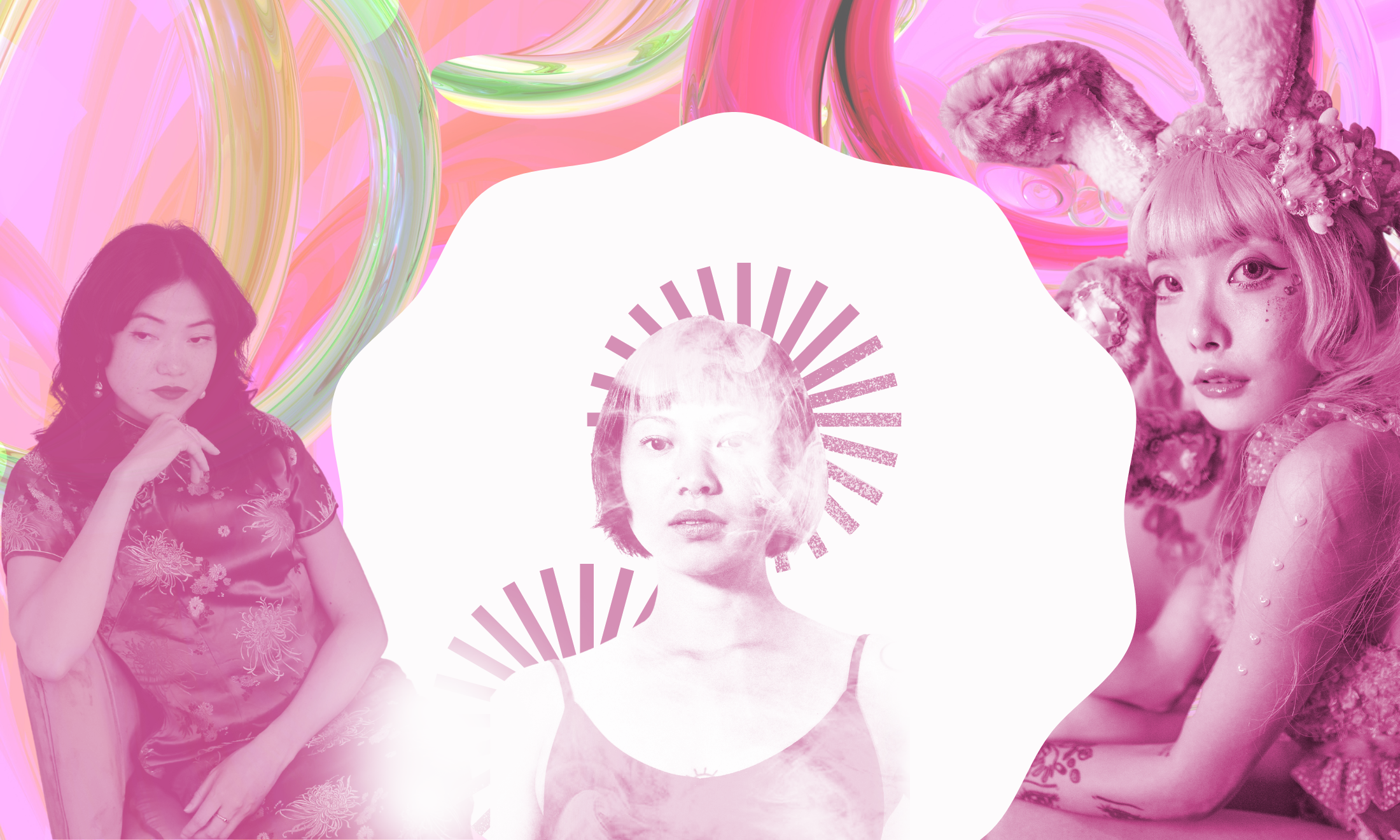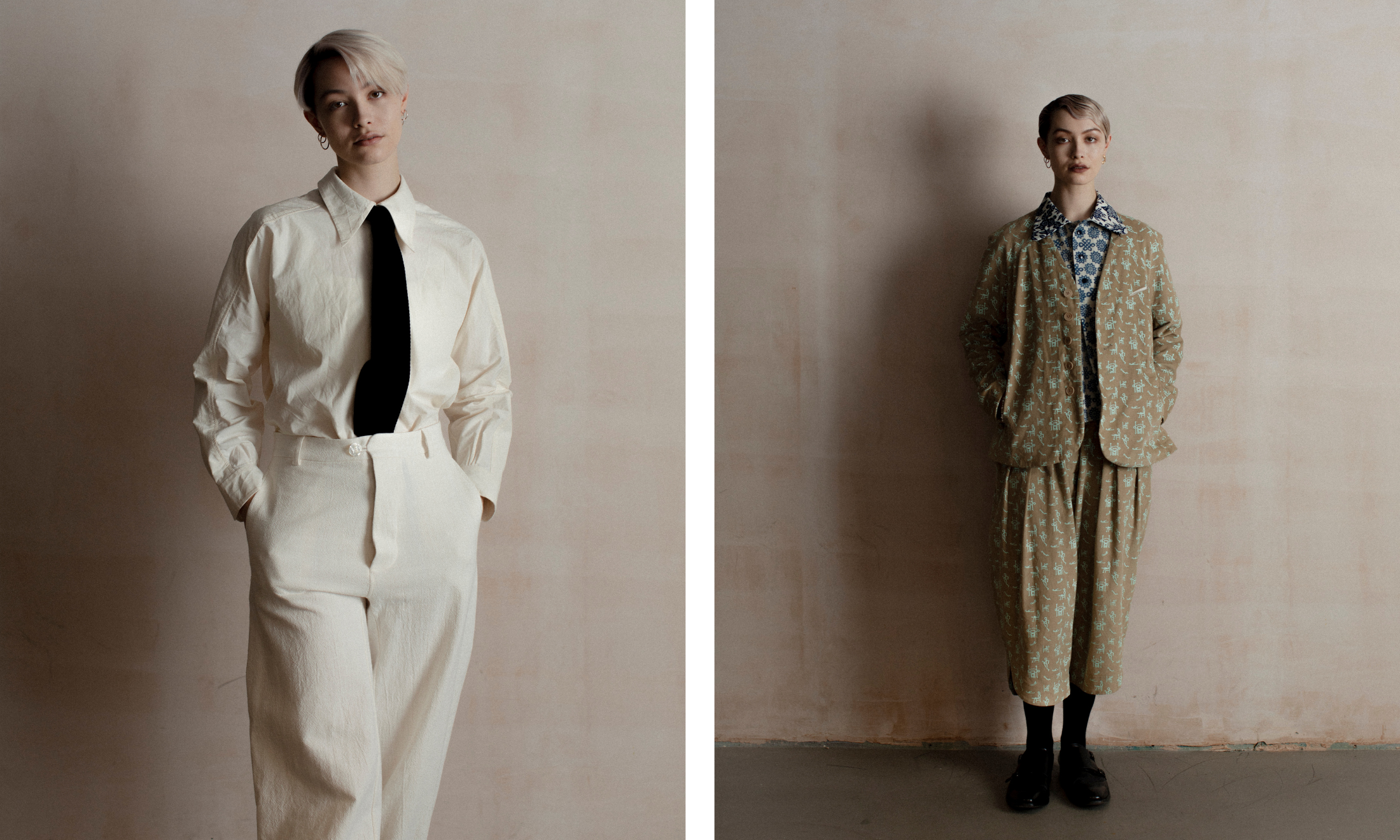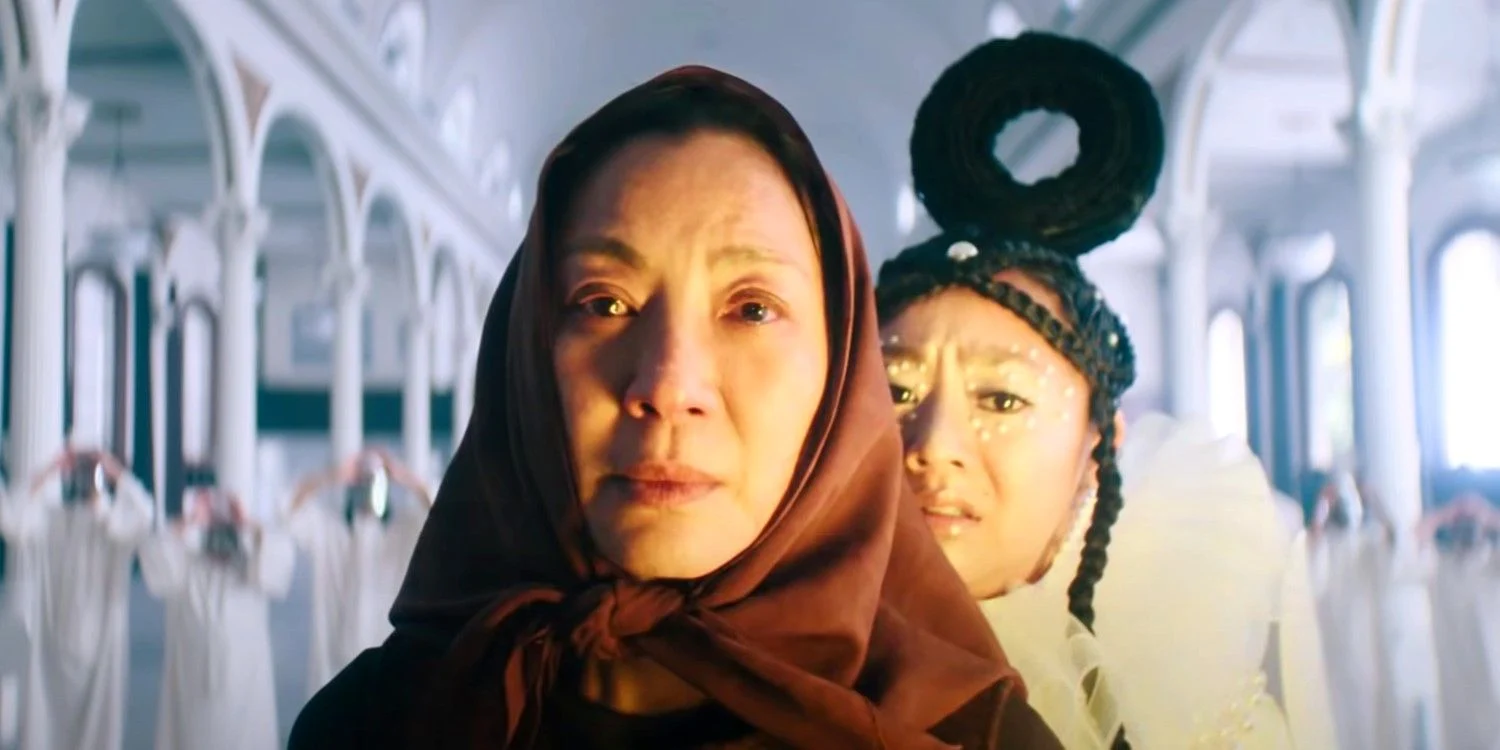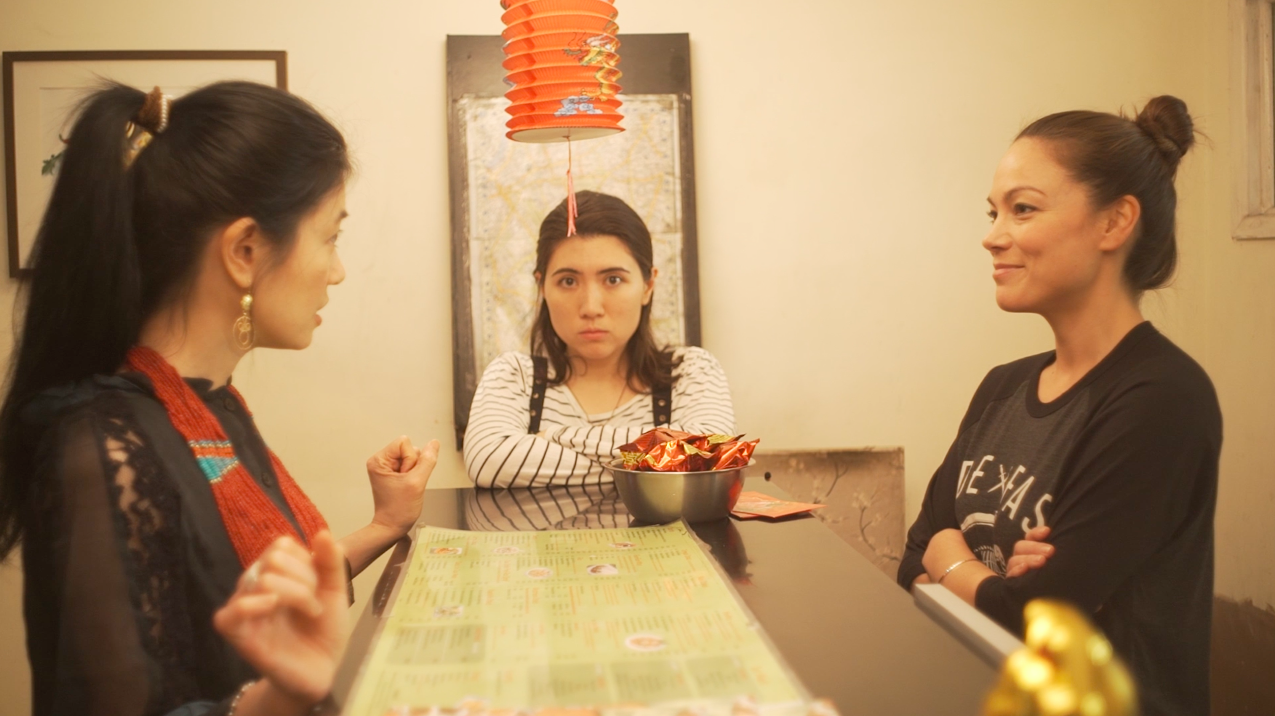
It’s not news that East Asian actors are underrepresented in Western media. Nor that, when they do manage to get parts, they are often stereotyped and squeezed into white writers’ and directors’ limited ideas of who we are and can be.
Fed up of being typecast, writer and actor Rebecca Boey has written, starred in and made Jade Dragon: a web series comedy mockumentary set in a Chinese takeaway. Watching it, every 2-4 minute episode provided me with the warmth of a validation I didn’t know I needed, along with a lot of laughs. From Boey’s character knowing no Mandarin but folks assuming she’s fluent; to Grace –one of the many Eurasian characters – having her much older, white dad mistaken for her partner (this happened to me in the gynaecology department no less, age 16); to the various small ways in which the white documentary maker assumes the characters’ knowledge of all things Chinese. I loved it and talked to Rebecca about the show.
What’s your background in TV/film? How have you found being an actor and writer so far?
When I left drama school I was told “You’ll work in TV”, but the reality is that as a non-white actor there aren’t a great deal of parts out there and I’ve not done an awful lot of telly, and certainly not a lead. I’ve done a few bits here and there but most of my screen acting experience has been from doing my own stuff, writing film scripts, casting actor friends (and myself of course, ‘cause if you won’t give yourself work, who will?) and getting them made with no budget but a lot of love. Jade Dragon was made that way too– no money but plenty of passion.
How did you find making Jade Dragon? Was it empowering? Did it bring up some painful experiences?
I wrote Jade Dragon as a short film first. I found I was always moaning about there being no decent parts for East Asians, and eventually my boyfriend told me to stop complaining and write the decent parts myself. Hence the short film, which was a very pointed dig at an industry that’s always telling me that I’m foreign, that I should have an Asian accent, that I belong in a takeaway. The short went down really well with friends and other East Asian and Eurasian actors, so I decided to write a longer thing, and Jade Dragon the web series was born. It was a way of showcasing diverse talent (11 East Asian actors, 2 South Asian actors, 4 caucasian actors) and exposing some of the ridiculous and outdated stereotypes about East Asian people that still exist.
Writing it was definitely empowering and therapeutic– you dredge up all this racist crap that has been served to you all your life and you turn it into something funny to expose it for its ridiculousness– and when you realise that other people relate to it, that they’ve been served the same crap, it’s very ratifying. You realise you’re not alone and the things you’re writing about matter to other people too.
Where did you find the other actors in the series and how did they react to being part of the project?
The East Asian acting community is pretty tight and supportive, and I already knew all of the actors: some I’d worked with before, some I had met at various industry events. Daniel York, who plays Greg Ng, is very well-known in our circle as he’s a very active voice standing up for British East Asian interests in the industry. I first met him when he organised a huge event to protest against the RSC’s shocking casting of The Orphan of Zhao in 2012. That unforgivable casting fiasco did have a silver lining though: it galvanised a whole community.
Stephen Hoo, Jennifer Lim, Divian Ladwa, they’re all good friends of mine and were very enthusiastic about the project and generous with their time.
The only lead actor I didn’t know that well was Chloe Ewart, who plays Grace. Daniel suggested her and when I saw her showreel I knew it had to be her. I emailed her the script and she jumped at it. She said she had experienced first-hand pretty much every situation I’d written about and would love to come onboard. We weren’t paying, we had no budget at all and were relying on favours from friends, and here was this actress I barely knew offering to give up two weeks for no money out of pure love for the project. That was an amazing feeling.
I, as a Eurasian kid born and raised in Scotland found it incredibly relatable in both a sad and funny way. What other feedback have you got? Do you think there’s been a difference in feedback from Chinese folks and white folks and other POC?
The internet is a weirdly lonely place to put your work. There’s not really any way of knowing who’s watching it and if people are enjoying it, unless they directly message you about it. And it takes effort for people to comment or email– so those people who have reached out, their comments mean an awful lot. We’ve had some really lovely feedback and some nice comments on twitter, especially from other mixed people who feel like they never see themselves represented.
One commenter, who is Chinese and used to work in a Chinese restaurant, told me she’d had a customer complain to her boss about her British accent. Apparently it wasn’t exotic enough and the customer felt the experience wasn’t authentic. So even that aspect of the show, which wasn’t really meant to be at all realistic, resonated with someone who had experienced it.
We’ve had good feedback from white people too, I think because the tone of it isn’t confrontational and we’re not pointing any fingers or calling anyone directly racist. We’re just presenting the viewer with the ludicrous reality of the stereotyping that we East Asians face all the time – some of which, people might think of as ‘positive’ – and we leave it to them to make the judgement and ask themselves if they might be guilty of holding any of the views we are exposing. It’s a strange thing, when you realise that you held an opinion you weren’t aware of. For example, one lady told me she’d been surprised by the regional accents. To her it had been eye-opening to see East Asians speaking with Geordie, Leeds, Preston and Croydon accents. Watching Jade Dragon made her question why she would find that so surprising.
We’ve had a few people not quite understanding that it’s comedy and that it’s not meant to be a realistic representation of a real takeaway, and even one person complaining about Simon being gay. That particular comment was from a British Chinese person frustrated at the lack of East Asian male love interests – a point I completely understand, and a valid concern, but Simon was always going to be gay and diversity is about more than just race. I felt it was balanced out by Greg being married to a white woman, a dynamic we rarely see. You’re never going to appeal to everyone though!
The best bit of feedback was an email from David Yip! He was full of praise for our work and asked why we hadn’t given him a cameo.
Where would you like to see the television and film industries go in the future? How hopeful are you for change, particularly given the whitewashing of various East Asian roles of late and a white director describing the new Mulan live action film as a ‘girly martial arts’ piece?
I would love the day to come when British East Asians actors are playing roles that are British, first and foremost. There aren’t enough specifically East Asian roles and when they do come up they’re usually two-dimensional and foreign. Don’t get me wrong I’m all for there being foreign characters, that’s great, as long as they’re characters beyond just their ethnicity, and as long as they aren’t the only representation of East Asians. If they existed in a TV landscape where there were also non-foreign yellow people, that would be great, that would be diversity.
British and East Asian are not mutually exclusive, and it’s about time TV shows and films reflected that. I feel like that’s way overdue but I don’t see any evidence of that happening yet.
They’re quite a way ahead of us in the US, but every time there’s a new Hollywood whitewashing story it’s another step back. Every time, there’s a backlash, and every time I think “OK but surely this is going to be the last time”, and then a week later they announce another anime remake with a white actor as the lead or another white saviour film. Surely Hollywood is going to learn eventually, right? If we agitate enough?
What other projects are you working on now/in the future?
I’ve just finished writing a feature film set in Edinburgh with a Eurasian lead – her Eurasian-ness isn’t actually particularly relevant to the story, she’s just a girl from Scotland who happens to be half Asian. The character description emphatically says that she is Eurasian, because as a writer, unless you spell out that you want a character not to be white it’s very likely to be cast white. That’s just the sad truth about the industry. Anyway, I’ve finished that script now so I’m starting to try to get it under the right noses.
Jade Dragon is about to do the web festival circuits, so hopefully we’ll start to reach a wider audience with that. I don’t know if Jade Dragon and its characters will have a life beyond the web series, we’ll have to see.
What other TV/films/media would you recommend which features East Asians?
This is a tough one because actually there’s not much out there. Fresh off the Boat, Selfie and Master of None are great American shows with East Asian characters that are leads and not tokens.
Over here we have the 2014 feature film Lilting, with Andrew Leung (who plays Nick in Jade Dragon) as Ben Whishaw’s lover. Will Sharpe was great in Flowers (Channel 4) which he also wrote and directed. Ping Pong was a great 1987 movie set in Chinatown that was very English, very Mike Leigh in tone, starring David Yip and Lucy Sheen as two British East Asian characters. It’s a shame we haven’t seen anything like it since.
I’m struggling to think of anything else, which is telling!

